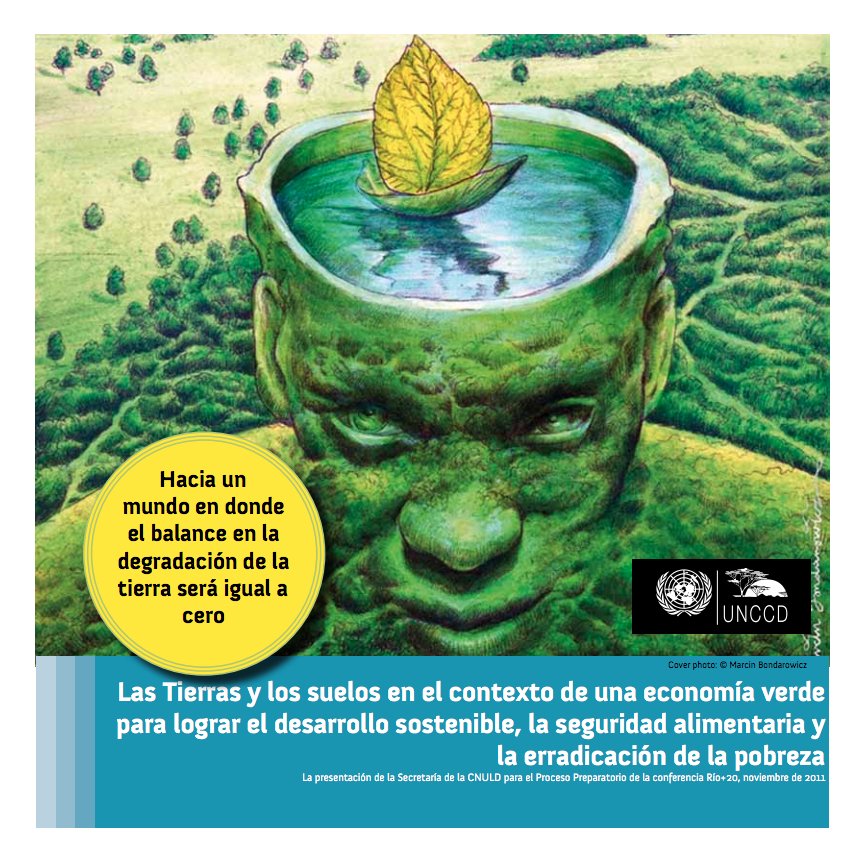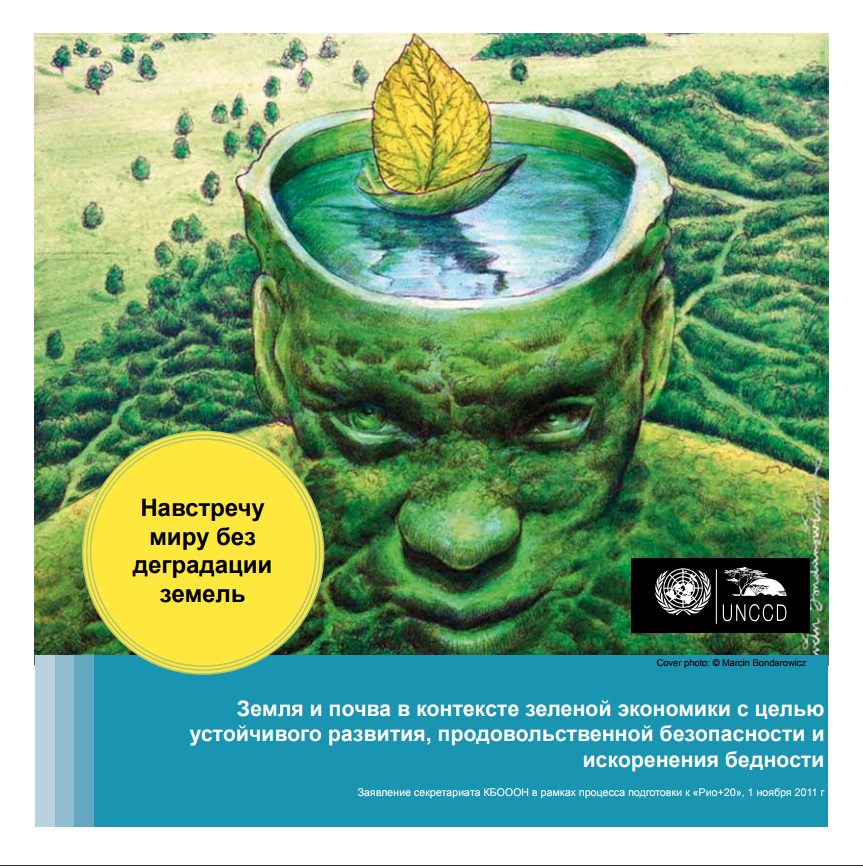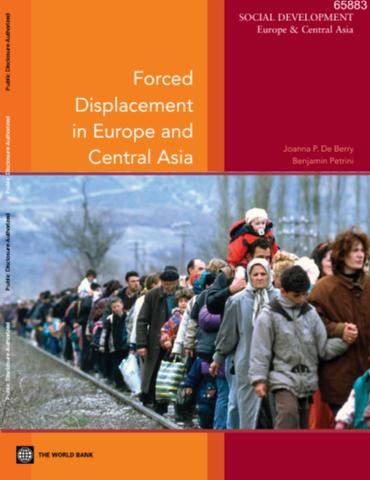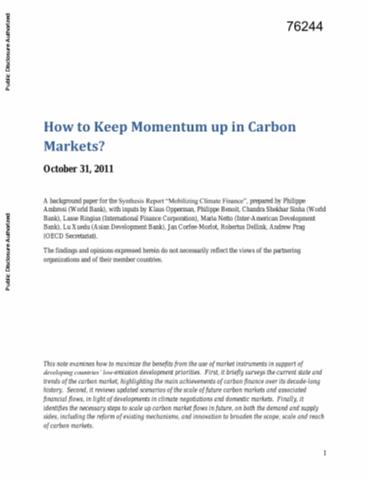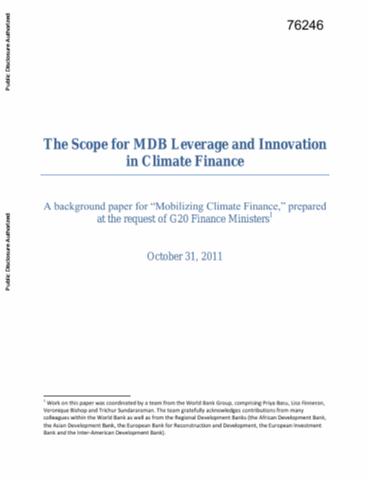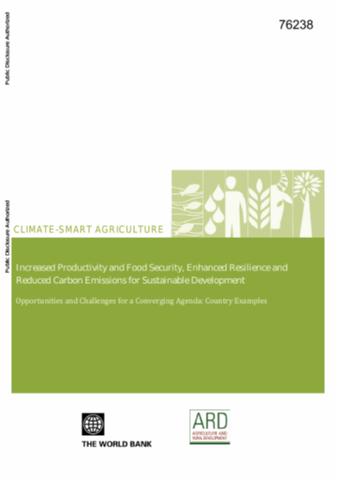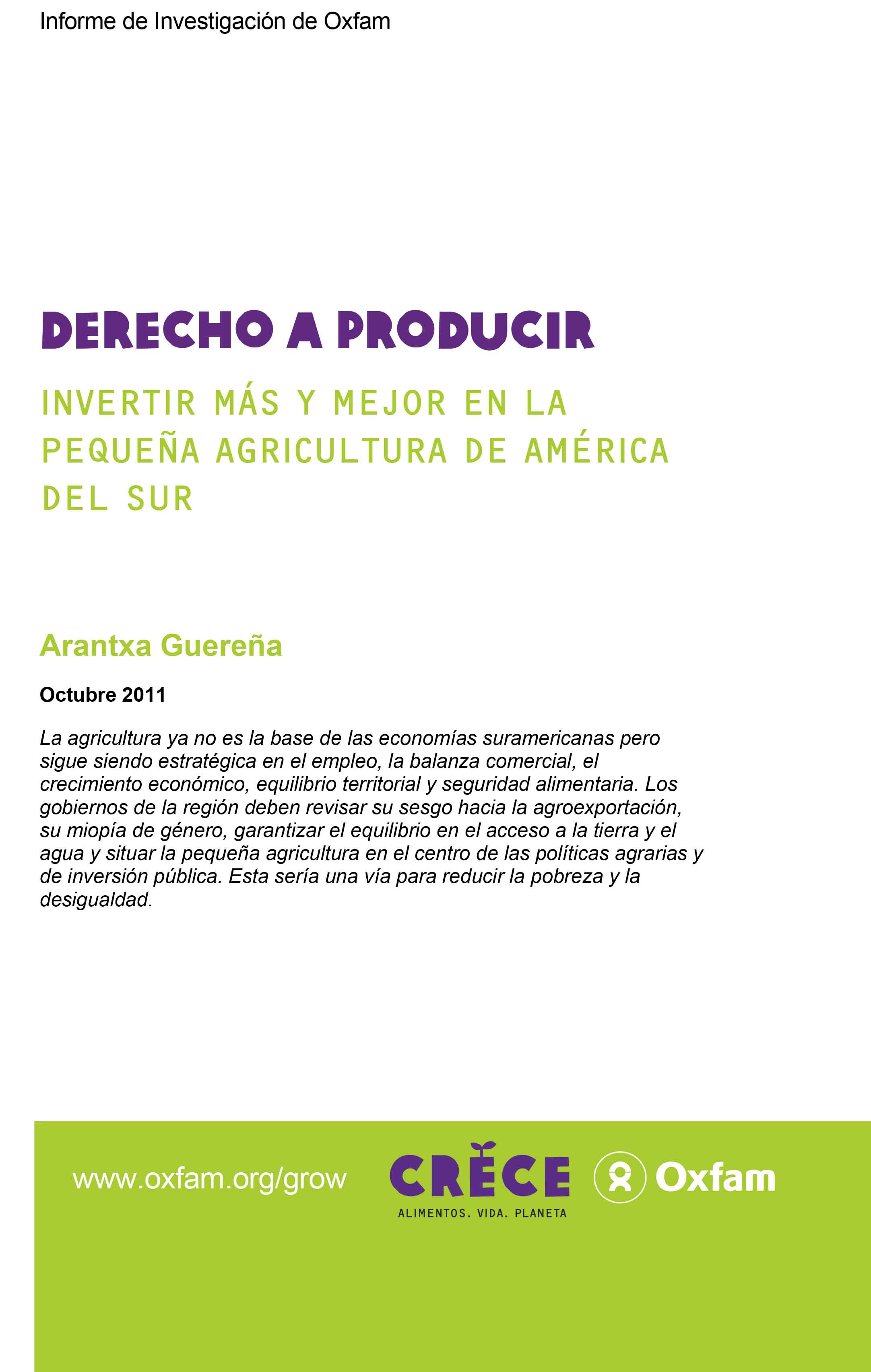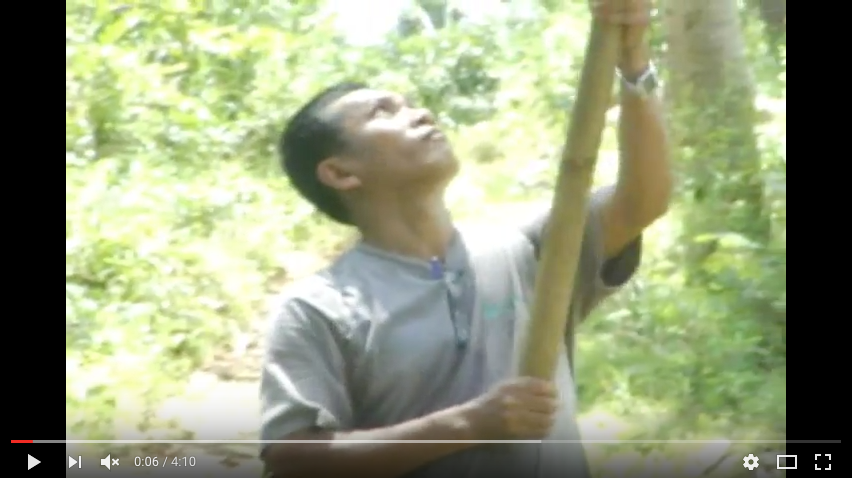Las Tierras y los suelos en el contexto de una economía verde para lograr el desarrollo sostenible, la seguridad alimentaria y la erradicación de la pobreza
La tierra se define como un sistema bioproductivo. Es la infraestructura terrestre para la vida. La tasa y la calidad de la producción generada por la tierra dependen de sus principales componentes, de los suelos y de su fertilidad. La materia orgánica del suelo, derivada de la vegetación que crece en un suelo determinado, es el principal componente que controla la fertilidad de éste.

